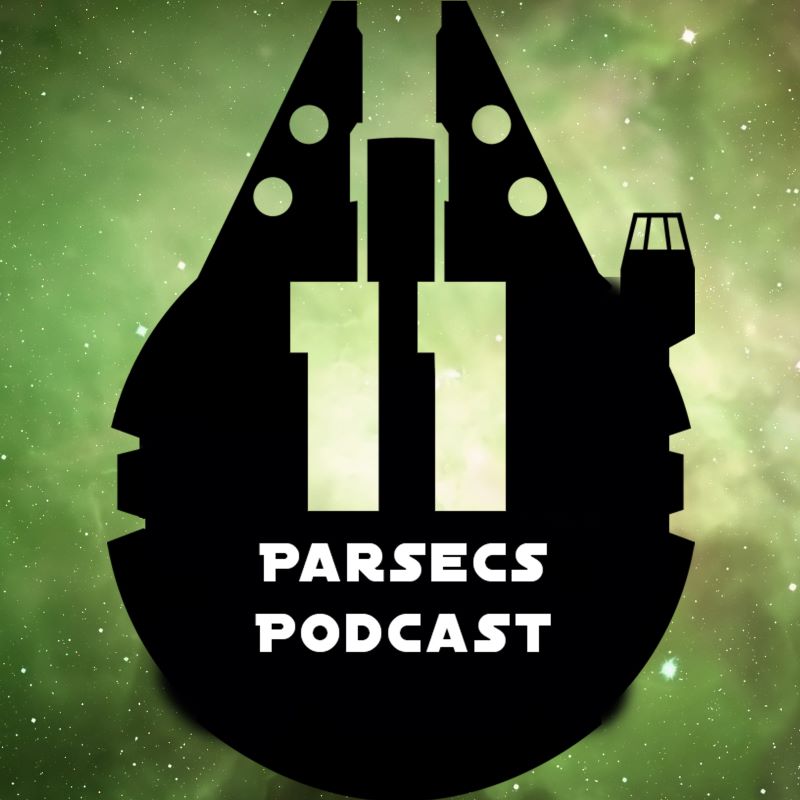
11 Parsecs Temple Archives -
John Williams, born in 1932 in New York, is a world-renowned composer, conductor, and pianist, who has been responsible for creating some of the most iconic and memorable film scores in history. From his collaboration with Steven Spielberg to scoring the Star Wars saga, Williams' work has left an indelible mark on the world of music and cinematic storytelling.
Williams attended the University of California, Los Angeles (UCLA) and later the Juilliard School in New York City, studying piano and composition. He began his career in the music industry as a session pianist and arranger for various films and television series. Soon after, he ventured into composing, earning his first Academy Award nomination for his score of the 1967 film Valley of the Dolls. Since then, Williams has received 52 total Oscar nominations and has won five, an impressive feat that showcases his incredible talents and contributions to cinema.
His first collaboration with George Lucas came in 1973, when he scored the filmmaker's movie American Graffiti. However, it was their continued partnership on the first Star Wars film, released in 1977, that set in motion an enduring legacy. The now-iconic score of Star Wars: Episode IV - A New Hope, featuring the soaring "Imperial March" and the heroic "Main Title" theme, garnered Williams another Academy Award and helped to define the space opera genre. The music of Star Wars has become intrinsically linked with the franchise itself, with each subsequent film featuring the distinctive John Williams touch.
Throughout his extensive career, Williams has also collaborated with notable directors including Steven Spielberg, with whom he composed the memorable scores of popular films like Jaws (1975), E.T. the Extra-Terrestrial (1982), and Jurassic Park (1993). Together, they have worked on over 25 films, proving their partnership to be one of the most fruitful in Hollywood history.
Williams’ music is identifiable by his signature style, which pairs sweeping, emotive melodies with powerful orchestral arrangements. His scores are often inspired by the works of Romantic-era composers and characterized by the use of leitmotifs – recurring musical phrases associated with specific characters, settings, or themes. These elements create a sense of cohesion and continuity within his music, allowing his scores to become integral parts of the overall cinematic experience.
In addition to his immense contributions to film music, Williams has also been actively involved in the world of classical music. He served as the principal conductor of the Boston Pops Orchestra from 1980 to 1993 and is currently the conductor laureate for the ensemble. He has composed numerous concert pieces, including symphonies, chamber music, and choral works, further highlighting his versatility and skill as a composer.
John Williams' work in the Star Wars universe and beyond has made a significant impact on the landscape of film music, capturing the imagination of audiences worldwide and solidifying his status as one of the most accomplished and respected composers in the industry.
Closest Pages from Podcast Discussion: Duel of the Fates (+4), Tatooine (+3), Darth Maul (+3),
Mentions on Podcast Episodes:
6. - (32 BBY) The Phantom Menace
35. - (21 BBY) Clone Wars Season 2 Eps 13 and 14, Tales of the Jedi Ep 1